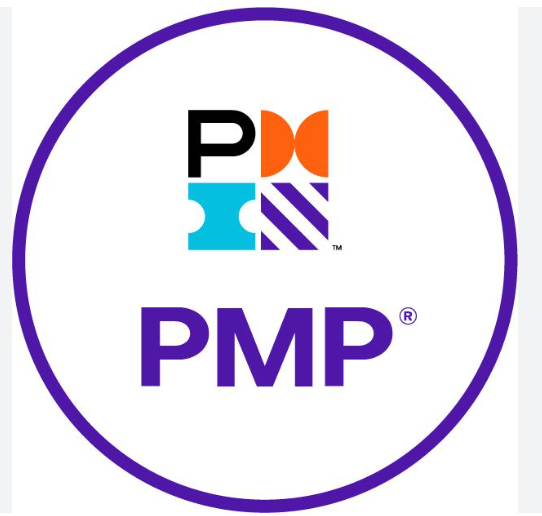The Project Management Professional (PMP) certification is a globally recognized credential that signifies a high level of competence and expertise in project management. However, despite its widespread popularity, there are several myths and misconceptions surrounding the PMP exam that may deter aspiring candidates from pursuing this valuable certification. In this article, we will debunk five common myths regarding the PMP exam and provide clarity to help candidates navigate the certification process with confidence.
Myth 1: The PMP Exam is Too Difficult to Pass
One of the most prevalent myths surrounding the PMP exam is that it is exceptionally difficult to pass. While it is true that the PMP exam assesses a candidate’s knowledge of project management concepts and principles, adequate preparation and study can significantly increase the chances of success. The key is to approach the exam with a structured study plan, utilizing reputable study materials and resources such as the PMBOK Guide, practice exams, and review courses. Additionally, gaining practical project management experience and applying the concepts learned in real-world scenarios can enhance understanding and retention of the material, ultimately increasing the likelihood of passing the exam.
Myth 2: Only Experienced Project Managers Can Pursue PMP Certification
Another common misconception is that only seasoned project managers with extensive experience are eligible to pursue PMP certification. While it is true that the PMP certification requires a certain level of project management experience, the eligibility criteria are more inclusive than commonly believed. According to the Project Management Institute (PMI), candidates with a secondary degree (high school diploma, associate’s degree, or global equivalent) are required to have at least 5 years of project management experience, with 7,500 hours leading and directing projects, and 35 hours of project management education. Alternatively, candidates with a four-year degree (bachelor’s degree or global equivalent) need to have at least 3 years of project management experience, with 4,500 hours leading and directing projects, and 35 hours of project management education. Therefore, individuals at various stages of their project management careers can pursue PMP certification, provided they meet the eligibility criteria and are committed to preparing for the exam diligently.
Myth 3: Memorization is Sufficient for Passing the PMP Exam
Some candidates mistakenly believe that rote memorization of project management terms and concepts is sufficient for passing the PMP exam. However, the PMP exam is designed to assess not only a candidate’s knowledge of project management terminology but also their ability to apply these concepts in real-world scenarios. Merely memorizing information without understanding its practical application may prove insufficient during the exam. Instead, candidates should focus on comprehending the underlying principles behind project management processes and practices, and how they are applied in different situations. Utilizing study techniques such as concept mapping, practice questions, and scenario-based learning can help reinforce understanding and prepare candidates for the diverse range of questions they may encounter on the exam.
Myth 4: A 61% Score is Required to Pass the PMP Exam
Contrary to popular belief, the passing criteria for the PMP® Exam no longer rely on achieving a specific percentage score. Instead, the evaluation process involves a sophisticated psychometric analysis. This means that questions vary in difficulty, with harder questions carrying more weight in the scoring system. Consequently, achieving a higher score requires successfully answering more challenging questions, while answering easier questions correctly contributes to a lower score. The minimum passing score is determined by the overall difficulty level of the individual exam, ensuring fairness and accuracy in assessment.
Myth 5: PMP Certification is Expensive and Time-Consuming
Another misconception surrounding PMP certification is that it is prohibitively expensive and time-consuming. While there are costs associated with PMP certification, such as exam fees and study materials, these expenses are often manageable, especially when weighed against the potential benefits of obtaining the certification. Additionally, with proper planning and time management, candidates can prepare for the PMP exam while balancing other professional and personal commitments. Many candidates choose to study for the exam at their own pace, utilizing flexible study schedules and resources that fit their individual needs and preferences. Furthermore, some employers may offer support for PMP certification, such as reimbursement for exam fees or study materials, making it more accessible to employees seeking professional development opportunities.
The PMP exam is a challenging yet attainable goal for individuals seeking to advance their careers in project management. By dispelling common myths and misconceptions surrounding the exam, aspiring candidates can approach the certification process with confidence and clarity. With dedication, preparation, and a clear understanding of the exam objectives, candidates can increase their chances of success and reap the rewards of achieving PMP certification.
Views: 0




Leave a Reply